Roy Goodacre: The erudite answer would be “On the Origin of Species” by Charles Darwin or maybe “A Brief History of Time” by Stephen Hawking. A lesser known fiction book that tells a brilliant story is “The Struggles of Albert Woods” by William Cooper. It charts the path of a brilliant “little” man who details his struggles, successes, and failures within the UK academic system as a chemistry teacher. It’s a brilliant read, very amusing and the messages, while nearly a century old, are not at all out of place in today’s hectic university system. I first read this book as a postdoc and it has kept me grounded. I often recommend it and have gifted copies to many colleagues and friends over the years.
Amanda Hummon: Dave Russell at Texas A&M recently explained that he encourages his incoming grad students to read “Grit” by Angela Duckworth. It’s about not giving up when things get tough. Given the amount of criticism and rejection that is inherent in research, I agree with Dave that all scientists should embrace ways to be grittier. I now also recommend this book to everyone starting in my research group.
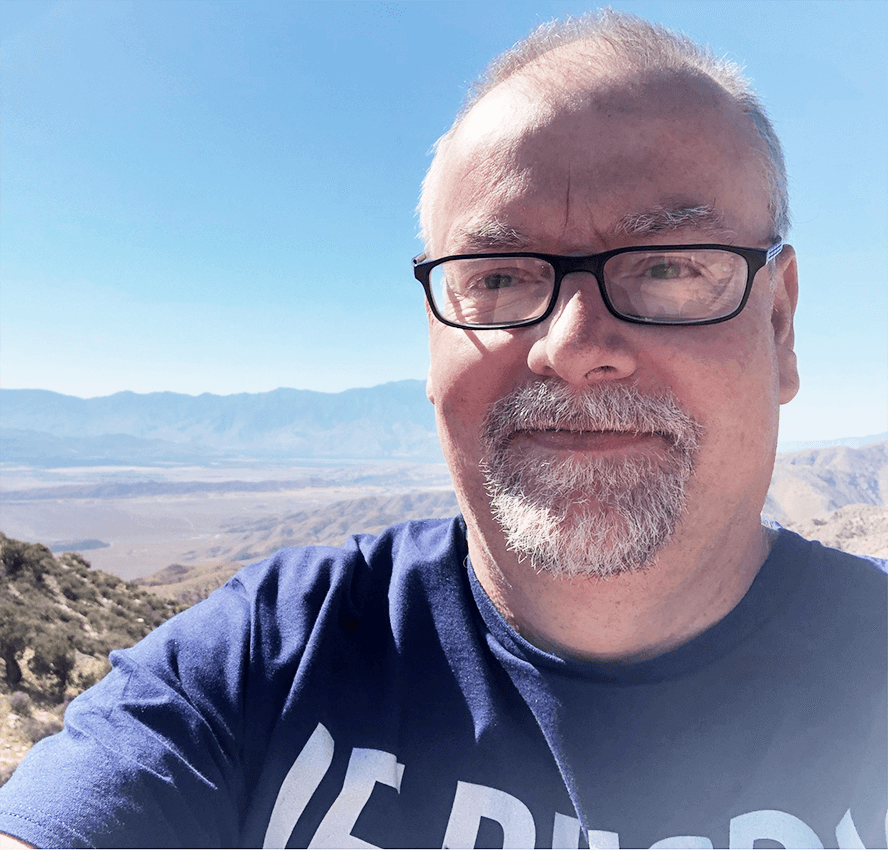
Roy Goodacre
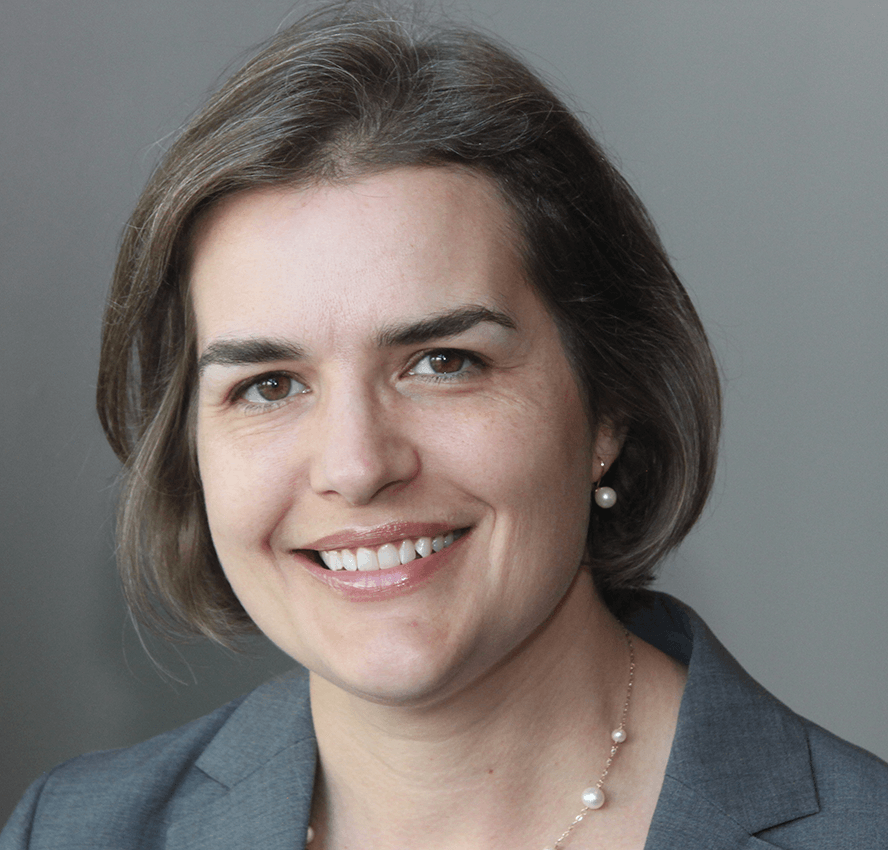
Amanda Hummon
Phil Marriott: “Silent Spring” by Rachel Carson. Not only does this book provide a timely warning of unrestricted and excessive use of pesticides, but it can also serve as a sentimental tome to raise discussion of environmental ethics and preservation across science. Carson’s vision is to have a direct impact on how scientists shift their thinking to new initiatives in green and sustainable chemistry. It is a book before its time with an important lasting message.
Victoria Samanidou: “The Nicomachean Ethics” by Greek Philosopher Aristotle. The book is one of his best known works, distinguishing two types of virtue: intellectual and moral. Science arises from learning, taking time and experience to acquire – with teachers playing a crucial role. Whereas moral virtue is developed through habitual behavior and the responsibility to cultivate it lies within oneself.
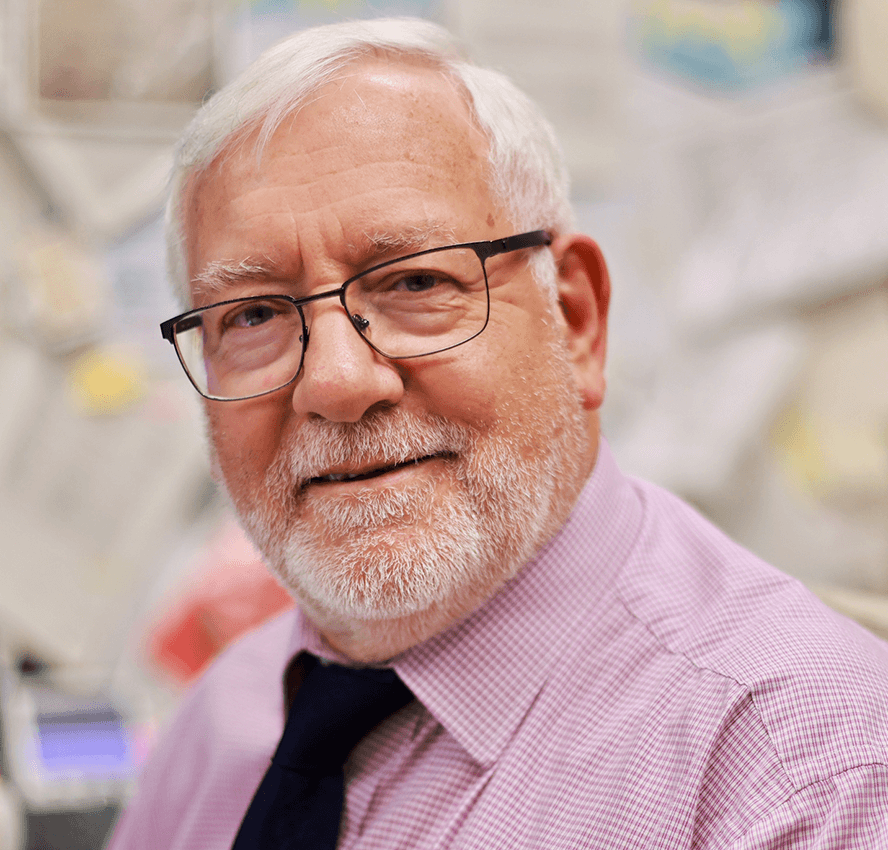
Phil Marriott
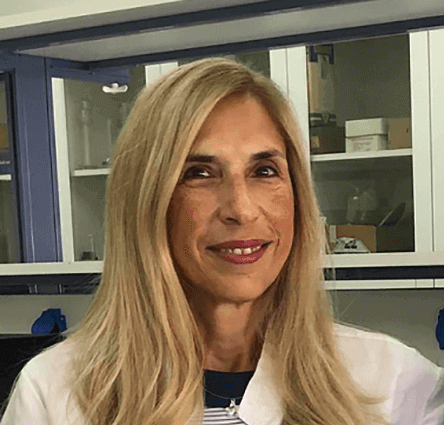
Victoria Samanidou
Kevin Schug: “Making of the Atomic Bomb” by Richard Rhodes. An emotionally thought-provoking book that reads as a modern history of chemistry. It also addresses many controversial topics associated with World War II, politics, science, and discrimination.
Joel M. Harris: Richard P. Feynman’s “The Feynman Lectures on Physics.” This is a series of lectures for a two-year undergraduate course taught at Caltech, 1964–66, recorded and transcribed by Robert Leighton. It provides deep insight into the fundamental physics of matter, mechanics, thermodynamics, EM radiation and optics, statistical mechanics, kinetic theory and diffusion, interference, electrostatics, Maxwell’s equations, quantum mechanics, and all the mathematics that underlie these phenomena. These lectures can fill in gaps in our knowledge of the physical world with remarkable clarity and depth.
Fabrice Gritti: “Quantum Electrodynamics: The Strange Theory of Light and Matter” by Richard Feynman. It demonstrates that the most sophisticated theory in science can be understood by the layperson using everyday language, humoristic tone, and simple visuals.

Kevin Schug
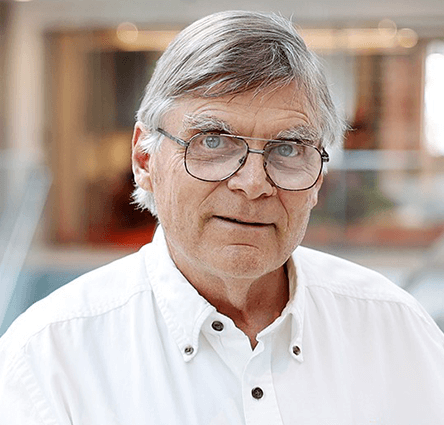
Joel M. Harris
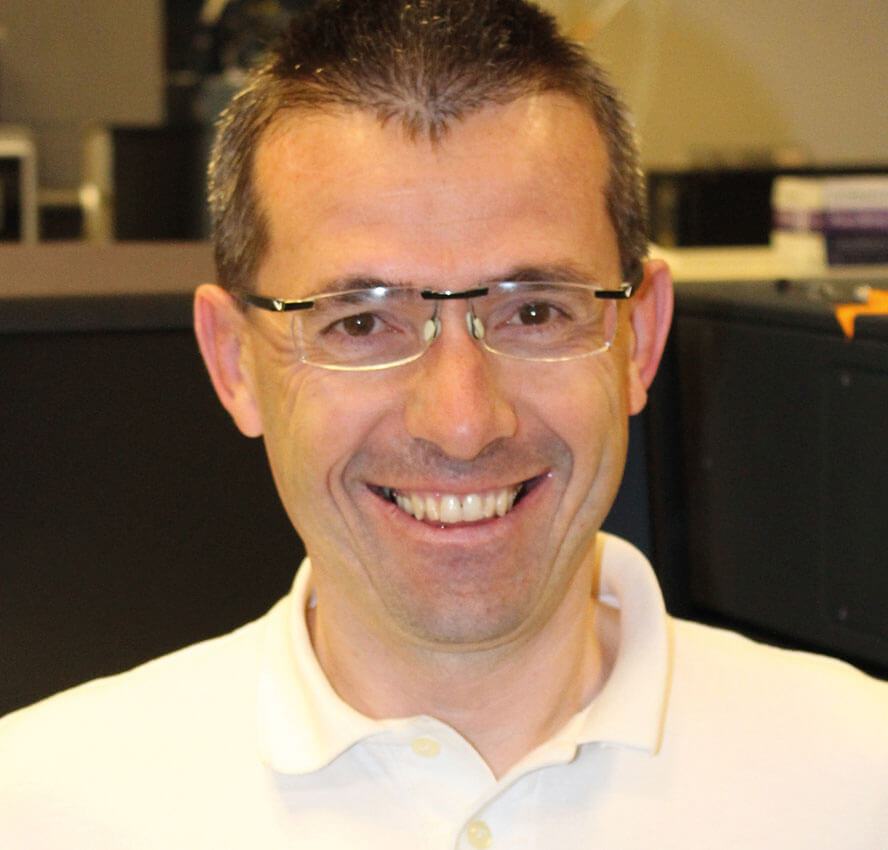
Fabrice Gritti
Credit: All headshots supplied by interviewees




